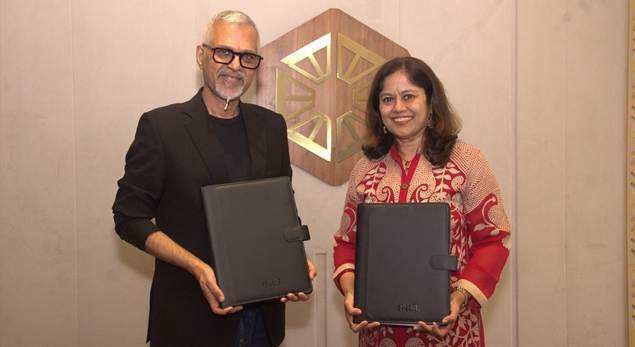Guest Column By: Urvi Aradhya, CHRO, K Raheja Corp
Workplace diversity is a subject that has been in the news for a while; however, many companies in India are still grappling with defining what this means for their organisation, focusing on why diversity is important and finding ways to consistently and meaningfully include diversity as a priority in their overall talent management strategy.
Importance of diversity
As per a report by the National Human Rights Commission on the living conditions of transgender people, 92% of India’s trans-people are unable to participate in any economic activity. Under half of those surveyed have access to education, and 62% of those who do, face abuse and discrimination. In any organisation, the Human Resources (HR) function plays an important role here in creating and sustaining a safe, respectful space for employees. The key goal for organisations is creating an environment where homosexual and genderqueer employees feel safe and respected. This requires having in place policies that are intolerant of abuse, discrimination, and exploitation. Implementing these policies in a successful manner involves a combination of dialogue, training and awareness. Several industries have a natural tendency towards diversity and including people based on their skills, but what is also important is to create an environment that is conducive to growth.
First steps
As the first steps toward creating an LGBT-friendly workplace, companies need to understand the different groups and identify their individual needs. To begin with, organisations need to spend time and think through to develop an anti-discrimination policy, specifically an anti-harassment policy, which specifies that sexual orientation, gender identity, and gender expression are prohibited grounds for any discrimination. Another key aspect to consider is the health insurance policy allocated to employees should cover aspects like gender affirmation procedure and hormone therapy along with other procedures that are required as a part of transition. Another important point is building infrastructure to support the third gender, this includes gender-inclusive restrooms among others. Other initiatives include sensitisation of existing employees, support system for employees transitioning in the workplace, and formation of an employee resource group.
Mental health matters
An organisation that is aiming towards an all-inclusive work environment must strongly consider creating a diversity inclusion program. This is one way of helping LGBTQ employees and other diverse members feel welcome and comfortable at work. While putting in place policies and infrastructure is underway, one crucial aspect that needs to be considered is mental health. Often HR acts as the first point of contact for employees looking to access mental health and other support services. What differentiates an inclusive organisation from the rest is a comprehensive framework and support system. One key aspect of this is sensitising existing employees about diversity and inclusion, encouraging them to form support groups for their colleagues and thereby creating a positive environment.
Hiring equality
A well-managed, diverse workforce will lead to cost reduction and greater profitability. According to a report by McKinsey on workplace diversity, companies that employ a diverse workforce stand to gain 35 per cent higher financial returns than others. Another benefit of recruiting LGBTQ candidates is that this will enable companies to tap into a wider talent pool that makes the process of finding the right candidate much easier. To recruit apt LGBTQ talent, Indian companies need to adopt a comprehensive approach that includes tailored LGBTQ-friendly employer branding and diversity-oriented talent acquisition professionals experienced in assessing diverse candidates. One aspect that companies need to bear in mind is that LGBT equality needs to be embedded in all communication – from presentations to newsletters to visuals and even conversations. These are small things but they have a huge impact.
As the world becomes more accepting and understanding of the LGBTQ community, the public, in general, expect companies to do the same. Communication is at the heart of inculcating an LGBT-friendly workplace. This, along with a healthy helping each of inclusiveness, empathy and respect will lead to a more inclusive workplace.









